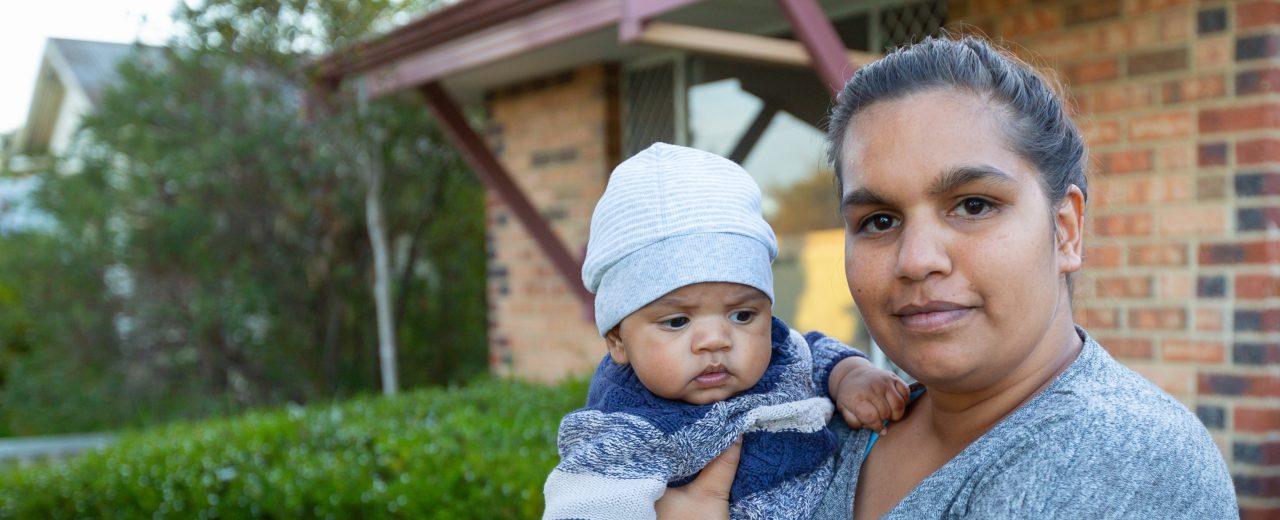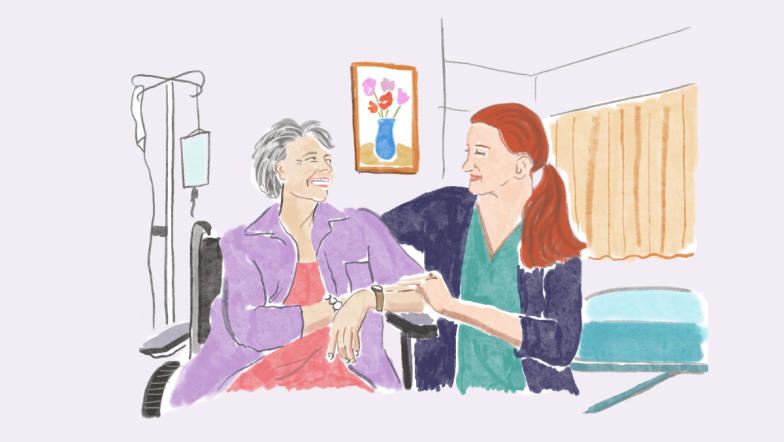Housing a welcome focus in Victoria’s Mental Health Royal Commission
3 Mar 2021
On 2 March 2021, the Victorian Government tabled the Final Report from the Royal Commission into Victoria’s Mental Health System. This long-awaited report provides a real chance to reform our broken mental health care system and guarantee long-term change for the 1 in 2 people in Victoria navigating it. These numbers are even higher for people experiencing or at risk of experiencing homelessness. Through our work, we know that people experiencing homelessness have complex and interconnected needs, and mental health issues often play a role. If we want to effectively end homelessness, we need to make mental health a priority.
Supported housing for adults and young people living with mental illness
We welcome the Royal Commission recognition of the need for more supported housing for people living with mental health issues in recommendation 26. The ability of an individual to access suitable housing with supports is one of the keys to maintaining and improving mental health. Through our integrated legal services, we regularly see the importance of timely access to appropriate health, financial and legal supports in helping people stay safely housed and preventing evictions into homelessness.
The Big Housing Build will provide an important vehicle for people with mental health issues to access housing, including through the existing commitment to build 2,000 homes for people with mental health issues and the new commitment to build 500 new homes for young people with mental health issues. However, to address the acute shortage of suitable and secure housing and meet rising demand during the COVID-19 recovery phase, particularly for people with mental health issues, we will need at least 6,000 more social (public and community) housing properties each year for the next decade.
This was a central ask in the Make Social Housing Work blueprint launched last year in partnership with Victoria’s housing and homelessness peak bodies to increase the proportion of social housing to the national average.
Supporting the mental health and wellbeing of people in contact with, or at risk of coming into contact with, the criminal and youth justice systems
The Royal Commission recognised the importance of a health-based response to people with mental health issues in recommendation 37, including by expanding the Assessment and Referral Court. We’ve spent 20 years helping Victorians with fines and charges, and we know that enforcement-based responses to homelessness and mental health issues don’t work.
We also welcome the recognition that people in prison with mental health issues need dedicated programs to access mental health supports as they transition into the community. Through our work with people in prison, 78% of whom identify as having a mental health issue, we know that in addition to mental health supports, people exiting prison need access to suitable and safe housing to meaningfully access healthcare. Ensuring there are no exits into homelessness and access to safe, suitable housing will be critical to ensure people in prison have the best chance of managing their mental health and reduce the risk of cycling back into prison.
Mental health and housing insecurity are complex problems that require holistic solutions. Integrated legal and mental health support services are a step in the right direction. To resolve barriers to mental health recovery and housing stability, we recommend investing in early intervention, client-centred legal services and supporting the integration of legal, social work, health and other community-support professionals. Readily available, integrated services will help people facing mental health issues and homelessness to successfully navigate – and exit – the justice system, instead of getting caught in a seemingly endless loop.


